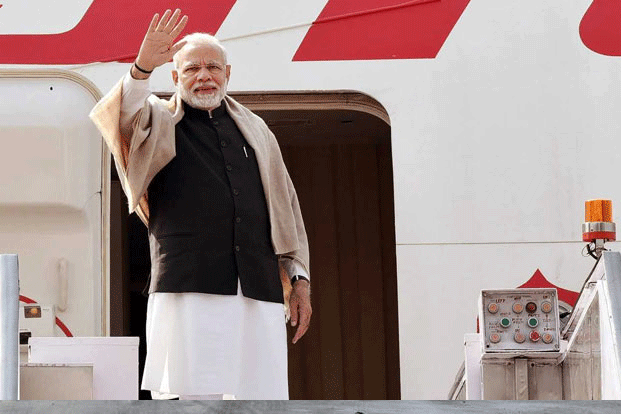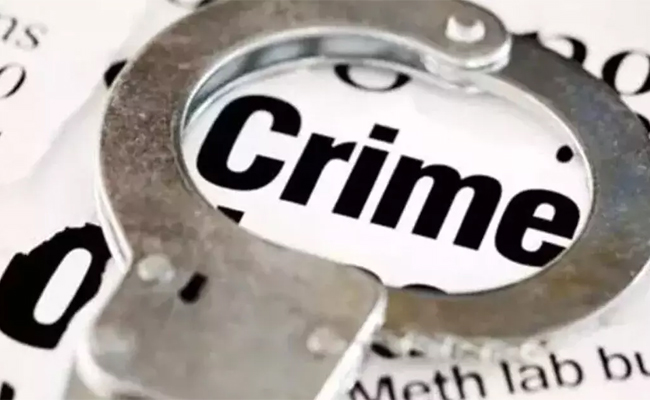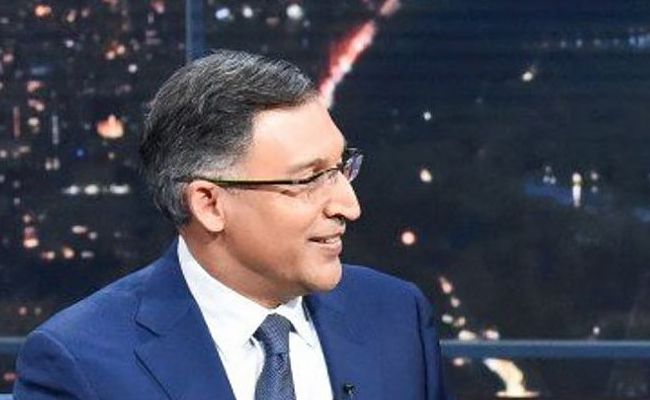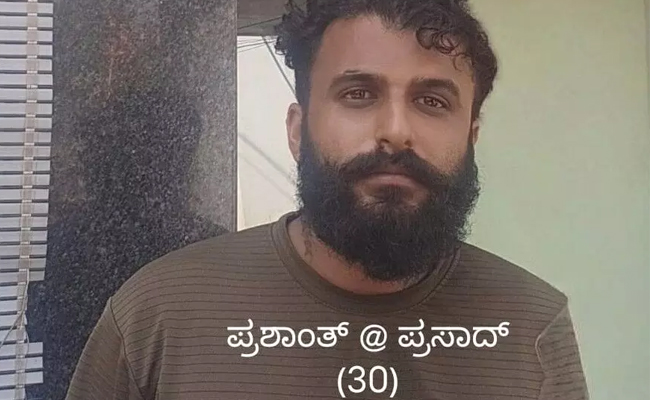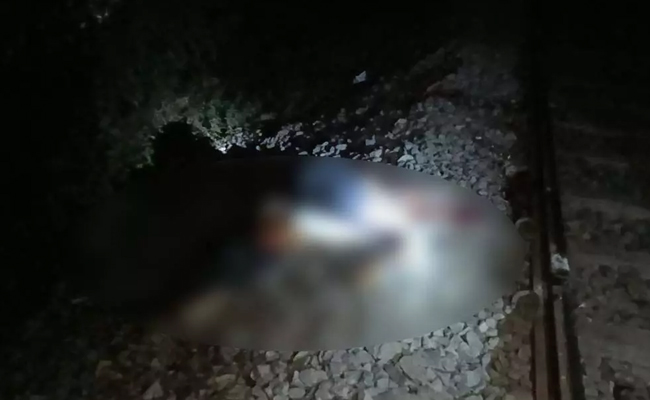Amman: Prime Minister Narendra Modi on Friday arrived in Jordan on the first leg of his four-nation regional trip that will also take him to a first-ever Indian prime ministerial visit to Palestine, besides the UAE and Oman in the Gulf.
The February 9-12 trip comes within a month of the visit to India by Israeli Prime Minister Benjamin Netanyahu that saw the two countries hailing each other as a strategic partner despite New Delhi's long-standing support for the Palestinian cause.
Modi began the visit with Jordan, the first by an Indian Prime Minister in 30 years. He was "warmly received by Prime Minister of Jordan (Hani Al-Mulki) in Amman," External Affairs Ministry spokesperson Raveesh Kumar tweeted.
The spokesperson said the visit to the four countries was aimed at deepening "our multifaceted ties with the Gulf and West Asian region".
After arriving in Amman, Modi met King Abdullah II of Jordan who will facilitate his transit to Palestine on Saturday.
When Modi reaches Ramallah, he will be the first Indian Prime Minister to visit Palestine where he will meet President Mahmoud Abbas.
Before taking off from New Delhi, Modi said he was "looking forward to my discussions with President Abbas and reaffirming our support for the Palestinian people and the development of Palestine".
This will be Modi's fourth meeting with Abbas. They had earlier met on the sidelines of the UN General Assembly in 2015, at the Paris climate summit later that year and during the Palestine President's visit to India last year.
B. Bala Bhaskar, Joint Secretary (West Asia and North Africa) in the External Affairs Ministry, said India had contributed immensely to Palestine's nation-building efforts, including infrastructure development and capacity building.
The visit is also aimed at deepening the bilateral agenda, including cooperation in areas of health, IT, tourism, youth affairs, sports and agriculture.
Modi will also lay a wreath at the memorial for Yasser Arafat, a close friend of India who headed the Palestine Liberation Organization and later the Palestinian National Authority till his death in 2004. India had recognised the Palestine state in 1988.
Despite Modi's personal camaraderie with Netanyahu, India voted in the UN General Assembly in December last year against US President Donald Trump's unilateral recognition of Jerusalem as Israel's capital.
After his Palestine visit, Modi will reach Abu Dhabi, the capital of UAE which is home to a huge Indian diaspora, on Saturday evening -- his second visit after August 2015.
He will hold talks with the Crown Prince of Abu Dhabi and Deputy Commander of the UAE Armed Forces Sheikh Mohammed Bin Zayed, who was the chief guest at India's Republic Day in 2017.
The Prime Minister will also hold talks with Vice President and Prime Minister Sheikh Mohammed bin Rashid. Following this, several agreements include in areas like finance and skills development are likely to be signed.
Modi is scheduled to interact with UAE and Arab CEOs in Dubai on the economic opportunities in India.
"At the invitation of the leadership of the UAE, I will be addressing the 6th edition of the World Government Summit in Dubai where India is the guest country of honour," Modi said.
On the final leg, Modi will visit Muscat on Sunday before returning to Delhi the following day.
In both Oman and the UAE, Modi is expected to meet the Indian diaspora which he said "is a bridge of friendship between India and the Gulf countries". He is expected to hold talks with the Sultan of Oman and other leaders and interact with business people of Oman on developing stronger economic links with India.
Let the Truth be known. If you read VB and like VB, please be a VB Supporter and Help us deliver the Truth to one and all.
Udupi: Udupi City Police have arrested two persons, including a woman, in connection with the alleged misappropriation of property tax funds belonging to the Udupi Municipal Council.
The accused have been identified as Shalini, who was working as a tax consultant outside the municipal office, and Ganesh, a bank employee.
According to police, Anand Suvarna had paid Rs 34,730 towards 12 years of property tax for his building in Kalmadi to Shalini on October 16, 2025. She reportedly issued him a receipt acknowledging the payment.
However, when Suvarna recently checked the status of the payment on the property tax portal, he found that the amount had not been credited and was still shown as pending. He then brought the matter to the notice of the Municipal Commissioner, who verified that the payment had not been recorded.
During questioning, Shalini allegedly admitted to the lapse. On February 16, 2026, she generated a new challan in Suvarna’s name and paid Rs 35,213 towards the dues.
Police said a case has been registered at the Udupi City Police Station against the accused for allegedly misappropriating tax money and defrauding the government by affixing the seal of Union Bank on the challan without remitting the amount initially received from the taxpayer.
Further investigation is under way.

